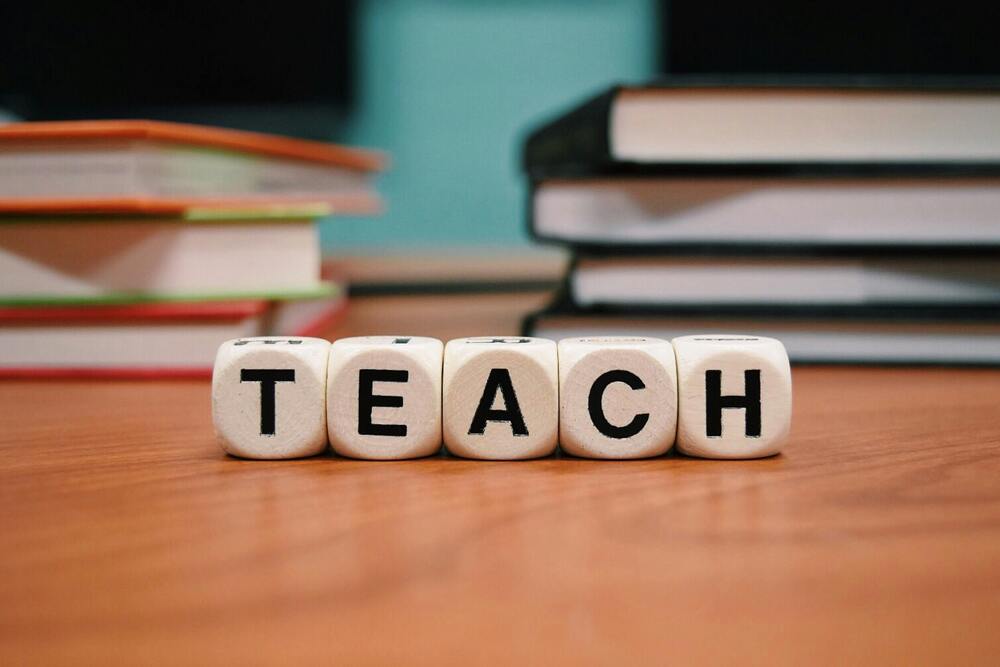In a world overflowing with information, mastering the art of memory retention is essential for effective long-term learning. Whether you're a student, a professional, or simply a lifelong learner, enhancing your memory can significantly impact your ability to absorb and recall information. In this blog, we will explore various strategies, backed by statistics, to help you improve your memory retention and make learning a more enjoyable experience. ?✨

Understanding Memory Retention
Memory retention refers to the ability to maintain and recall information over time. Research shows that the average person forgets about 50% of newly learned information within an hour, and this percentage can rise to 70% within 24 hours! ? To combat this, it's crucial to employ effective techniques that can help solidify your learning.
Key Statistics on Memory Retention
To better understand the importance of memory retention, let’s take a look at some compelling statistics:
| Time After Learning | Percentage of Information Retained |
|---|---|
| Immediately | 100% |
| 1 Hour | 50% |
| 1 Day | 30% |
| 1 Week | 20% |
| 1 Month | 10% |
These statistics highlight the rapid decline in memory retention, emphasizing the need for effective strategies to reinforce learning. ?
Techniques to Enhance Memory Retention
1. Spaced Repetition
Spaced repetition is a learning technique that involves reviewing information at increasing intervals. This method leverages the psychological spacing effect, which helps to combat the forgetting curve. Studies have shown that spaced repetition can improve retention rates by up to 50%! ?
| Interval (Days) | Retention Rate (%) |
|---|---|
| 1 | 100 |
| 3 | 80 |
| 7 | 60 |
| 14 | 40 |
| 30 | 20 |
Using tools like Anki or Quizlet can help you implement spaced repetition effectively.
2. Active Learning
Engaging with the material actively rather than passively can significantly enhance memory retention. Techniques such as summarizing, teaching others, or discussing topics in study groups can lead to better understanding and recall. A study found that active learning can increase retention rates by up to 70%! ?
3. Visualization Techniques
Visual aids can help you remember complex information more easily. Creating mind maps, diagrams, or even simple sketches can make learning more engaging and memorable. Research indicates that people remember 65% of information when it is presented visually compared to just 10% when presented in text form. ?
4. Mnemonics and Acronyms
Mnemonics are memory aids that help you recall larger pieces of information through simple associations. For example, using acronyms like "HOMES" to remember the Great Lakes (Huron, Ontario, Michigan, Erie, Superior) can be incredibly effective. Studies show that mnemonic devices can improve recall by up to 50%! ?
The Role of Lifestyle in Memory Retention
Your lifestyle choices can also significantly impact your memory retention. Here are some factors to consider:
Sleep
Quality sleep is crucial for memory consolidation. Research indicates that individuals who get 7-9 hours of sleep per night have better memory retention compared to those who sleep less. ?
Nutrition
A balanced diet rich in antioxidants, healthy fats, and vitamins can support brain health. Foods like blueberries, fatty fish, and nuts are known to enhance cognitive function. ?
Physical Activity
Regular exercise increases blood flow to the brain and promotes the growth of new neurons. Studies show that individuals who engage in physical activity have better memory retention and cognitive function. ?♂️
Conclusion
Improving memory retention is a multifaceted process that involves employing effective learning techniques, maintaining a healthy lifestyle, and staying engaged with the material. By incorporating strategies like spaced repetition, active learning, and visualization, you can significantly enhance your ability to retain information for the long term.
For more tips on memory improvement, check out resources like Verywell Mind or Psychology Today. Remember, the journey to better memory retention is ongoing, and with the right tools and techniques, you can make learning a more rewarding experience! ?



